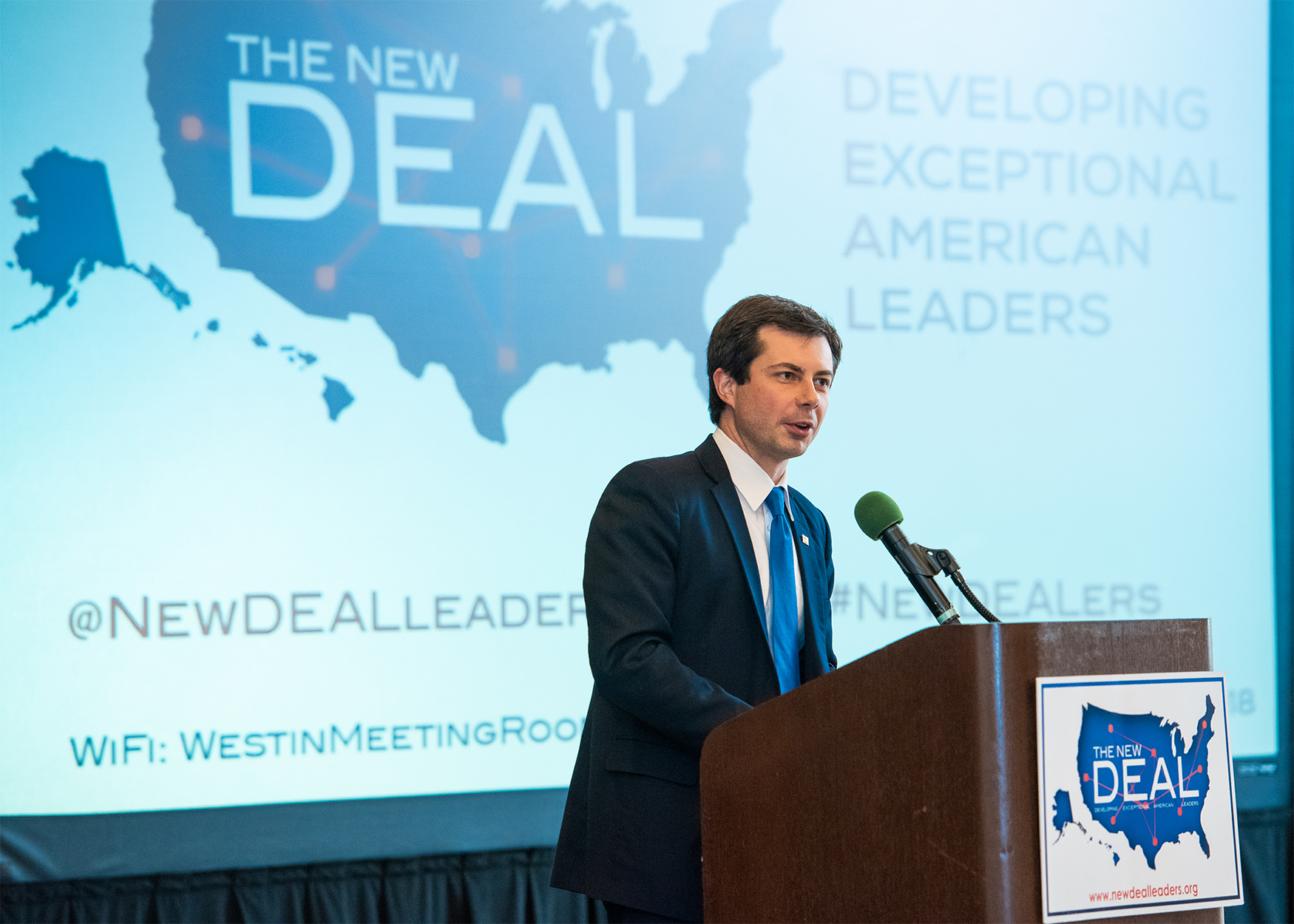Middle Income Housing Authority (MIHA)
2023 Ideas Challenge Entry
Colorado Senator Jeff Bridges’ advanced legislation to created the Middle Income Housing Authority (MIHA), an innovative tool to drive the development of affordable housing for middle-income folks. Colorado faces an acute shortage of “missing middle” housing, housing that is many working families, such as nurses, teachers, and firefighters. The program provides market-based incentives to leverage private capital and minimizes government investments.
By treating middle-income housing like the infrastructure investment it is, MIHA represents a significant shift in addressing affordable housing by using a market-oriented approach driven by public-private partnerships. By leveraging tax-free municipal bonds and social impact investors, MIHA reduces reliance on government financing and creates a sustainable and scalable model that reinvests all profits into additional affordable housing.
MIHA aims to increase the supply of rental housing. While developers may get a higher return by building market-rate housing, they pay significant taxes on those returns. By allowing access to the same kinds of tax-free bonds used to finance other infrastructure investments, developers using tax-free bonds for MIHA projects will see roughly equal returns. This drives investment in middle-income housing without competing for government dollars that should go toward low-income housing subsidies.
Impact:
Success will be measured by the number of affordable housing units built for middle-income earners, especially in our mountain resort communities and in gentrifying neighborhoods where long-established communities are being pushed out by increased housing costs. While currently focused on rental housing, the success of this unique financial model should allow for the construction of for-sale MIHA housing as well. Over the next two years the initial six projects representing several hundred new housing units will demonstrate what works best, where it works, and why it works. The long term goal is to show a measurable decrease in the number of middle-income individuals and families across Colorado who are cost burdened, alongside a measurable increase in the supply of housing units that are affordable for those families.













